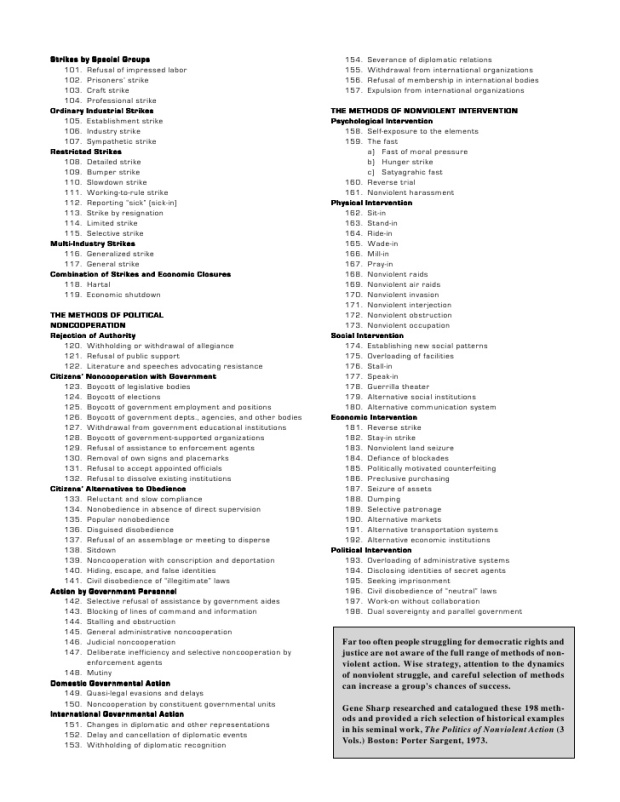Oil Free Otago member Rosemary Penwarden: “We have taken our eyes off the ball by allowing bad industry science to put the smallest, rarest and most endangered dolphins in the world into the firing line.”
“Rosemary Penwarden, of Waitati, links seismic testing for oil and gas with serious harm to whales and dolphins.
Please don’t read this if you want a good news story.
It’s a story of loss, of taking our eyes off the ball and letting bad stuff happen.
Maui’s dolphins used to play off the North Island’s west coast beaches the way Hector’s dolphins do off Warrington and other Dunedin beaches.
Now they face not only gill nets, but also this Government’s decision to open most of their west coast home range to oil industry seismic testing.
What is seismic testing?
I posed that question when visiting the NZ Oil and Gas ”What Lives Down Under” roadshow before it travelled to South Taranaki schools last year.
A cartoon of a bat explained the industry’s sonar technology similarity with these furry wee creatures, giving the impression of a benign series of electronic blips on a radar screen.
In reality, detonators on seismic ships such as the Aquila Explorer, now surveying in the North Island for Norwegian oil giant Statoil and soon destined for the Great South Basin off our coast, send sonic explosions every 10 to 15 seconds down hundreds of metres to penetrate the sea floor and bounce back to surface detectors, revealing possible points where oil or gas may be found.
Oil prospecting air guns reach about 260 decibels (dB) on a logarithmic scale on which it is known that anything above 170 dB disturbs marine organisms.
Seismic testing?
Seismic blasting is a more apt description.
In 2010, scientists estimated 55 Maui’s dolphins remained.
Don’t be fooled by the oil industry’s reassurance that ”there is no evidence to suggest seismic testing injures marine mammals.”
That is not science.
That is twisted logic on a par with equating furry bats with seismic ocean blasting.
The industry will argue observers on their seismic vessels halt ”blasting” when a whale or dolphin is seen, but University of Otago associate professor of zoology Dr Liz Slooten said having observers on oil survey vessels was ”virtually useless”, as observers see about only 10% of whales and dolphins in the area.
Real science tells us seismic blasting affects the behaviour of marine organisms.
In 2013, scientists concluded the mass stranding of about 100 whales northwest of Madagascar was primarily triggered by seismic blasting by a survey vessel contracted by Exxon Mobil.
In July last year, a 100-tonne blue whale washed up on Tapuae Beach in Taranaki.
Did seismic blasting kill it?
The level of decomposition suggests it died about the same time in the same area that blasting was taking place.
This week, three beached whales were found on Whatipu Beach near Auckland. Seismic blasting is occurring offshore in this area right now.
Would it be unreasonable to think that seismic blasting would injure or kill a small dolphin, dependent as it is on sensory specialisations such as echolocation for navigation, communication and feeding?
This February and March, despite the collapse in oil and gas prices, despite the cost to New Zealand Oil and Gas, Woodside Energy, Anadarko, Origin Energy and Discover Exploration Ltd, despite signs that future exploratory drilling in our remote, marginal conditions looks far from economically feasible, and despite the insanity of exploring for more oil and gas when burning already discovered reserves would take us way past 2degC of global warming and so must not occur, 3-D seismic blasting is scheduled to go ahead in the Canterbury and Great South Basins off Dunedin.
While the North Island is the Maui’s dolphin home range, our southern oceans are home to 38 of the world’s 80 whale and dolphin species.
That’s almost half of the entire world’s species in our place, in our care. On our watch.
We make sure our children wear hats in the sun. We wear seatbelts, keep left, get a warrant of fitness and do all kinds of other sensible things to avoid bad stuff happening.
We have taken our eyes off the ball by allowing bad industry science to put the smallest, rarest and most endangered dolphins in the world into the firing line.
The world is watching; the Scientific Committee of the International Whaling Commission issued urgent recommendations in May last year to protect Maui’s dolphins, and was ignored by government.
How many years did we have ”no evidence that smoking causes lung cancer?”
How many millions of people died before the tobacco industry was held to account?
We would be naive to imagine there are still 55 Maui’s dolphins left.
The question ”Will seismic blasting mean the end of these dolphins?” has not been answered.
Until it is we should adopt the precautionary principle and avoid this harmful practice.
There may still be time to give this story a happy ending.”




